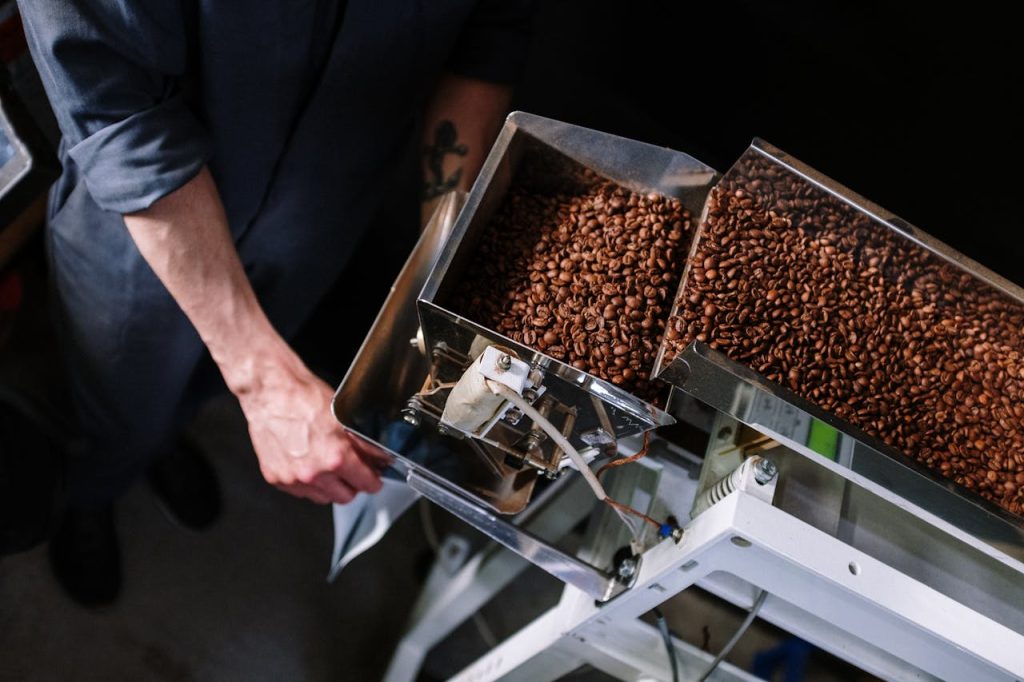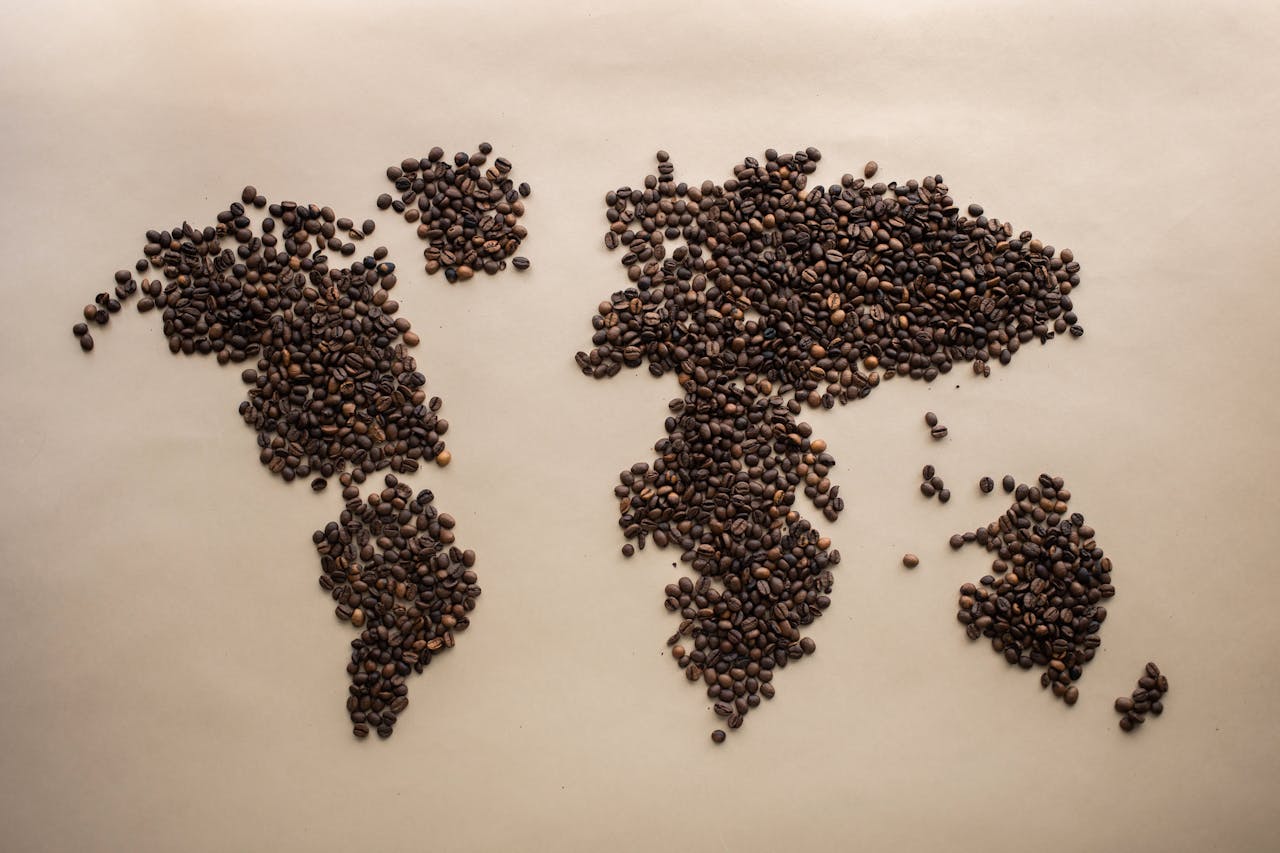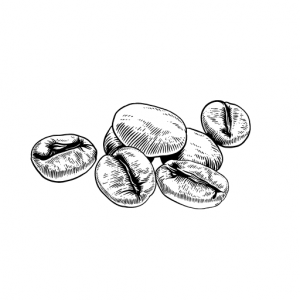Arabica coffee, revered for its smooth and complex flavors, sits at the heart of the global coffee industry. Accounting for roughly 75% of global coffee production, it surpasses its counterpart, Robusta, in both popularity and export volume. This article delves into the current trends shaping the Arabica coffee export landscape in 2024 and beyond, highlighting the opportunities and challenges faced by producers and exporters like CommodityCrate.
The Rebound of Production: A Positive Outlook
The global coffee industry undeniably felt the tremors of the pandemic, with disruptions impacting production and export flows. However, the past two years have ushered in a period of encouraging recovery. Arabica coffee production has witnessed a remarkable resurgence, with a near 40% increase compared to pandemic lows. This growth signifies a return to normalcy and a promising outlook for the future.

A Nuanced View of Export Trends
While production trends paint a rosy picture, the story of Arabica coffee exports is more intricate. While some regions, particularly the US and Europe, haven’t seen significant export growth due to stagnant production within their borders, other areas are experiencing a surge.
Indonesia’s Rise to Prominence
A beacon of success emerges in the form of top Arabica producers like Indonesia, who have witnessed a significant rise in exports. This highlights the importance of examining export trends on a regional level, rather than relying solely on a global perspective.
Factors Fueling Growth: A Perfect Storm
Several factors converge to create the current environment of increasing Arabica coffee exports from Indonesia:
- Favorable Global Prices: The current market landscape features high global prices for Arabica coffee. This incentivizes companies to expand their reach in the international market, leading to a higher export volume of Arabica beans. For producers like those in Indonesia, this translates to a lucrative opportunity to capitalize on the strong demand.
- Weathering the Storm: Ideal Conditions The recent dry season in Indonesia proved to be a boon for coffee production. These ideal weather conditions resulted in a significant stock of high-quality Arabica beans, further fueling the rise in exports. When favorable weather conditions coincide with high global prices, it creates a perfect storm for producers and exporters alike.
- The Evolving Coffee Culture: A Global Phenomenon The pandemic, in an unexpected twist, inadvertently played a role in strengthening coffee culture worldwide. Limited mobility during lockdowns and work-from-home arrangements led people to explore various coffee options at home. This newfound appreciation for coffee has translated into a stronger global coffee culture, with Arabica beans remaining a popular choice due to their smooth and versatile flavor profile.
Beyond the Headlines: Challenges and Considerations
While the outlook for Arabica coffee exports appears promising, it’s crucial to acknowledge the challenges that lie ahead:
- Climate Change and Sustainability: Climate change poses a significant threat to coffee production worldwide, including Arabica. Rising temperatures, unpredictable weather patterns, and increased pest infestations can significantly impact yields and quality.
- Shifting Consumer Preferences: The coffee industry is constantly evolving, with consumer preferences changing over time. The rise of specialty coffee shops and third-wave coffee culture highlights a growing demand for high-quality, ethically sourced coffee beans. This trend necessitates a focus on sustainable practices, fair trade certifications, and traceability throughout the supply chain.
- Geopolitical Instability: Global political and economic instability can disrupt trade flows and impact export prices.
Embracing the Future: Strategies for Success
To thrive in the dynamic world of Arabica coffee exports, producers and exporters must adopt a strategic approach:
- Focus on Sustainability: Implementing sustainable farming practices, such as shade-grown coffee and organic cultivation, not only benefits the environment but also caters to the growing consumer demand for ethically sourced coffee. Additionally, exploring renewable energy sources for processing can further enhance the sustainability profile.
- Building Strong Partnerships: Cultivating strong and reliable relationships with coffee farmers is essential. Providing technical assistance, fair prices, and access to financing empowers farmers to invest in sustainable practices and improve coffee quality. This collaborative approach benefits both producers and exporters in the long run.
- Transparency and Traceability: Consumers are increasingly interested in the origin and journey of their coffee. Implementing robust traceability systems allows exporters like CommodityCrate to provide consumers with information about the source of their coffee beans, the farming practices employed, and the certifications held. This transparency fosters trust and brand loyalty.
- Innovation and Diversification: Staying ahead of the curve by exploring new technologies and processing techniques can give exporters a competitive edge.
- Embracing Specialty Coffee: While Arabica coffee encompasses a wide range of varieties, delving deeper into specialty coffee markets presents exciting possibilities. Highlighting unique origin stories, specific bean varietals, and distinct processing methods can attract discerning coffee enthusiasts seeking exceptional flavor profiles. Specialty coffee commands premium prices, offering a lucrative opportunity for both producers and exporters that focus on quality and differentiation.
- Digital Marketing and E-commerce: The rise of e-commerce platforms has revolutionized the way consumers purchase coffee. Actively engaging with online marketplaces and building a strong digital presence allows CommodityCrate to reach a wider audience and cater to the growing demand for convenient online coffee purchases.
The Role of CommodityCrate: Facilitating Success in Arabica Coffee Exports

At CommodityCrate, we understand the complexities of the Arabica coffee export landscape. We leverage our extensive experience and industry knowledge to navigate the ever-changing market dynamics. We are committed to:
- Sourcing High-Quality Arabica Beans: We prioritize building strong, long-term relationships with coffee farmers who prioritize sustainable practices and produce high-quality Arabica beans.
- Ensuring Transparency and Traceability: We implement robust traceability systems, allowing us to furnish our clients with detailed information about the origin, processing methods, and certifications of our coffee beans.
- Providing Excellent Customer Service: We are dedicated to exceeding client expectations by offering personalized service, competitive pricing, and timely delivery.
- Staying Informed and Adaptable: We actively monitor industry trends, market fluctuations, and geopolitical developments to ensure we can provide our clients with the most up-to-date information and adapt our strategies accordingly.
A Journey of Flavor and Sustainability
The world of Arabica coffee exports is a captivating interplay of production, market forces, and consumer preferences. While challenges exist, the future appears promising, fueled by a growing global coffee culture and the enduring popularity of Arabica beans. By remaining informed, embracing sustainable practices, and fostering strong partnerships, CommodityCrate is well-positioned to navigate the intricacies of the market and facilitate success for producers and consumers alike. From the verdant fields where the beans are meticulously cultivated to the steaming cup enjoyed by coffee lovers worldwide, the journey of Arabica coffee is a testament to human ingenuity and a deep appreciation for this captivating beverage.


